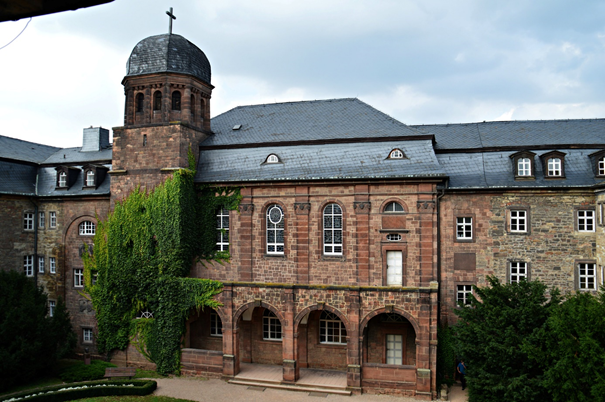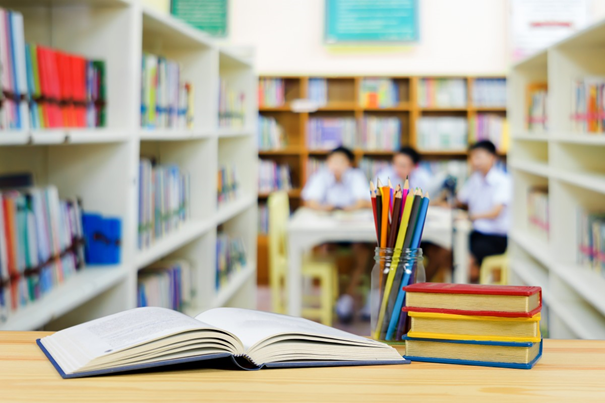
Almost every school form is available as a private school or a state school. It seems that it is a beneficial way to receive education with all additional service in private schools. But are private schools really better for a child than state schools? Is it necessary to pay a possibly high school fee? Or are state schools possibly better? Both types of school have advantages and disadvantages.
Costs and Service
A major difference between schools is that private schools charge monthly tuition for their performance. This can vary greatly in amount and range from 50 to 2000 euros per month. However, school fees are often linked to parents' incomes. For this purpose, private schools attach great importance to individual support, smaller class sizes, additional offers and, if necessary, special pedagogical concepts. Parents are hoping for better education, better care and thus better future opportunities. However, there does not appear to be any concrete link between the financial investment and the performance of the pupils. In an analysis by the Education and Science Union, private school pupils show better performance, but this is related to the socio-economic background. Taking into account the composition of pupils, state schools perform similarly well or even better. Thus, better performance is not a resilient criterion when deciding whether a private school or a state school is better for your child.
Special Pedagogical Concepts
There are big differences between schools, not just in quality. A special pedagogical concept or ideological orientation towards a private school is often pursued. This is an important point that should be considered in the decision for a private or state school.
Private or State School
There are a few things to consider when choosing a private or state school. As already shown, it is not necessarily the case that students from private schools have better performance. Taking into account the composition of pupils, the performance of pupils in state schools is often equivalent or even better. However, the amount of lessons in private schools is much better. This is due to the higher staff ingesis available in private schools. As a result, there is less teaching. The proportion of foreigners in private schools is lower than that in state schools. Critics asserts that private schools promote exclusion, as German children from an educational background are often found here. This is probably linked to school fees and also to the interest in education. Families who are less educated are less likely to come up with the idea of sending their child to a private school. Due to the often innovative or special pedagogical concepts of private schools, it is the case that they enable a pedagogy oriented towards the child, rather than one oriented towards the curriculum. This makes it easier to realize pedagogical ideals. But innovative approaches can also be found in state schools. Here, too, there are some good concepts and teachers. To answer the question of whether a private school or state school is better for your child, you should consider the special pedagogical concepts. If one of these is yours, it makes sense to attend a private school. However, if it is simply a matter of suggesting that private school students would perform better, you should reconsider the choice of a private school. Not every private school is good just because it is a private school. As with state schools, the quality of schools can vary widely in private schools. In addition, state schools also offer some good development opportunities for students. The benefits must also be regarded as equivalent. Ultimately, the decision whether a private school or state school is better suited to your child is a very individual one, which you should also discuss with your child.





